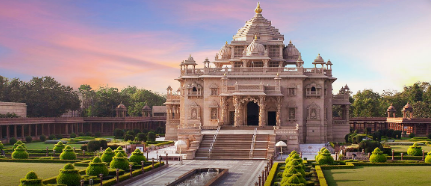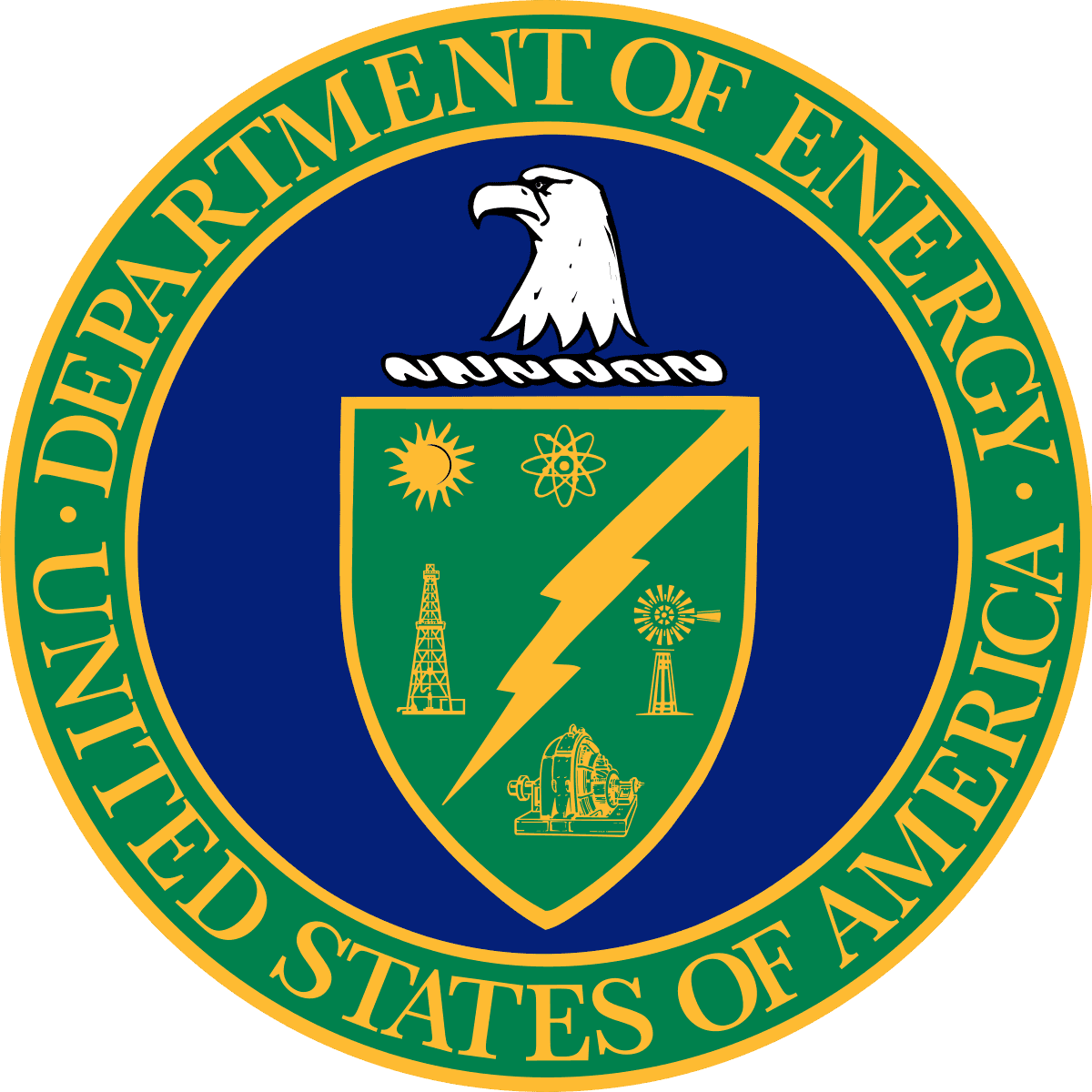
22 Mar 2024
Massive 30GW Sustainable Energy Project Planned in Gujarat, India
More than 15 years ago, I wrote an April Fool's Day spoof (which I thought was hilarious) about Google building a data center complex in India that was so large it would require three new nuclear plants just to power and cool it. Now, this idea doesn't seem so far-fetched, given the real announcement of a massive new power initiatives in India.
Envisioned to generate 30 gigawatts (equal to 15 dual-reactor nuclear power plants), and requiring an investment of US$20 billion, the Gujarat Hybrid Renewable Energy Park is being undertaken by lead investor Adani Green Energy. Sagar Adani is serving as Executive Director of the project.
Sagar Adani is from India's Adani family, which operates major fossil-fuel energy plants and became prominent in the news last year after a short-seller analyst report accused the company of fraud. The company denied the allegations, and its stock has recovered in recent months after dropping precipitously when the report came out.
The energy park is located hard by India's border with Pakistan, in Gujarat state in west-central India. As planned, it would add about 16% to India's current electricity grid, while almost doubling the nation's sustainable-energy footprint. (As far as nuclear energy in India, there are currently 18 plants on the drawing board, which if completed, would triple the nation's nuclear-energy output to about 10% of the overall electricity grid by 2031.)
India by the Numbers
India is now the world's most populous nation, with more than 1.4 billion people, with the world's fifth-largest economy at $3.7 trillion annually, and is the world's third-largest emitter of CO2 and related emissions, at 2.7 million tonnes per year. Its challenges and opportunities are all massive, as reported recently by IDCA.
India's economic efficiency in producing emissions is only about 25% of that of the US, and 17% less efficient than China. In the IDCA Digital Readiness Index, India's relatively strong digital infrastructure gives it a strong economic score, but it lags in the Environment category, and Prime Minister Narendra Modi's strong hand (which is expected to be re-affirmed in an upcoming election) has increased income disparity while dampening other socioeconomic factors in the Index. As a result, India receives an overall Index score of 45 on a scale of 0-100, right at the world average. Its score is on a par with Russia and Turkey, and slightly trails China.
Prime Minister Modi has asserted that India's sustainable energy grid will reach 50% by 2030, up from 22% today, and that the nation will reach net zero by 2070. The country would need to double the number of data servers throughout the country to reach China's level, and achieve more than a magnitude of growth in this area to approach levels found in the EU.
Photo from Gujarat State Government.
Follow us on social media:


.d57b427b.png&w=3840&q=75)

















